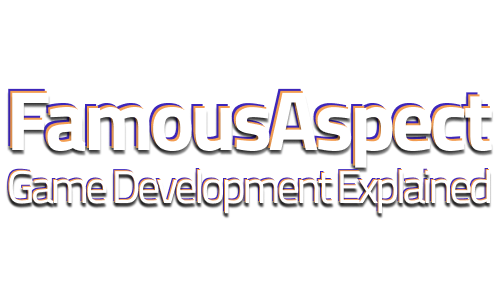I wanted to make it spicy on my return episode of This Week in Games, so I asked the indomitable Eric Kress a simple question: why have gaming SPACs performed so poorly? In 2021 & 2022, I caught SPAC fever, putting small bets into Playstudios, Nexsters, Skillz and IronSource. My performance has ranged from -65% to a complete delisting. Here’s what Eric had to say.
According to Eric, there are 4 reasons why a SPACs, gaming or not, have been a riskier investment to make as opposed to buying into an IPO on its listing date:
- The IPO process requires lots of diligence and oversight by investment banks. Now, some would argue that this is not worth the paper it is written on, but oversight is oversight. In an IPO process, they have lawyers, accountants and bankers looking over the health of the company. And the investment banks have investor clients they want to keep whole. So there is a lot more diligence and caution. But having said that IPOs performed only a little bit better than SPACs over this speculative timeframe.
- For an IPO, after a company goes public there is significant coverage by these investment banks that helps tell the story to a larger group of shareholders. Sales people and analysts from these banks are supporting the stock by talking to investors on a regular basis and setting up meetings with management.
- The types of investors that gets involved in SPACs are likely not the type of investors you want on your cap table for long term health. Part of the IPO process is that you want big investors like TROE, Fidelity, Capital Group, etc to buy and hold your stock longterm. You want to avoid the more speculative investors that flip stocks quickly that likely would be more interested in SPACs.
- Finally, the sales documents for these companies was not well scrutinized. They had insane forecasts predicting revenue many years out, which IPO candidates are not allowed to do. Traditional IPO company forecasts are set by the analysts covering the stock with some direction of the company. The SPACs created their own near and long term forecasts.
So if you look at these 4 factors together, a SPAC is an investment that does not have the sort of oversight and infrastructure that helps ensure quality up front and support for a stock over the long term. Had I understood this better, perhaps I would have viewed these as short and not long term investments, and sold each during the brief post-SPAC period where they were up.
Instead, I learned a valuable lesson about the price of catching SPAC fever, and better understand the dynamics of what’s in store for a startup that reaches the all important goal of achieving a public market listing.
Having worked at many gaming startups, it is quite interesting to learn since the goal of an exit looms so large that a public market listing is Valhalla. But for those lucky enough to achieve the promised land, it is only the start of a longer and even more perilous journey. And using a “shortcut” method like a SPAC might get you to public markets quicker, but as highlighted here it is not without significant risk.
Ethan Levy is a 20 year veteran game designer, producer and monetization expert, having worked on over 80+ shipped games across every platform and business model. He is Deconstructor of Fun’s resident Crypto Kid, and is on the hunt for a Technical Director to help him build the next, great Web3 games studio. If this sounds like the right next adventure for you, reach out on LinkedIn.


